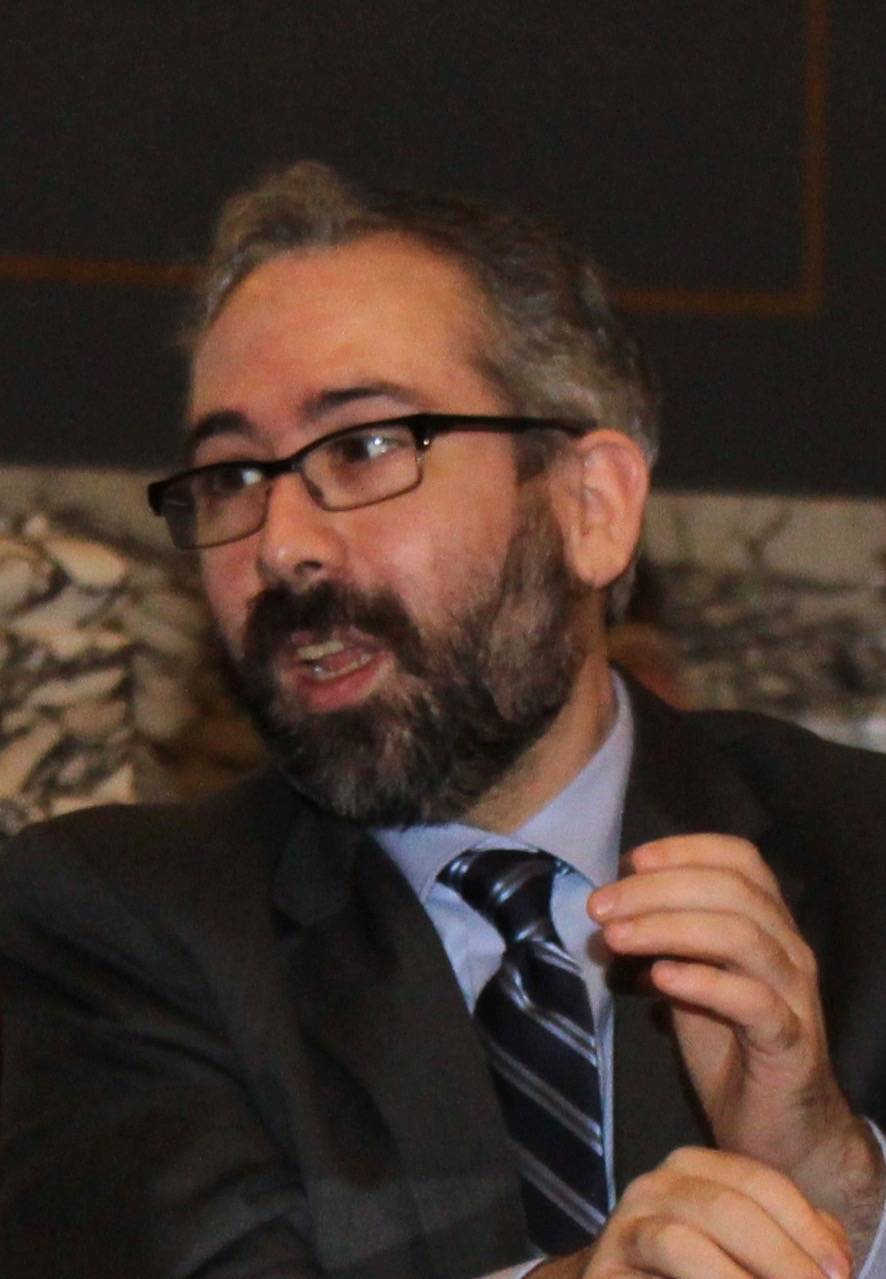The U.S. Supreme Court ruled Monday that presidential electors can be penalized if they vote for someone other than the winner of their state’s popular vote, a decision that averts potential chaos in this fall’s election and may invigorate a movement to choose the nation’s leader by popular vote.
“The Constitution’s text and the Nation’s history both support allowing a State to enforce an elector’s pledge to support his party’s nominee—and the state voters’ choice—for President,” Justice Elena Kagan wrote for the majority.
The 9-0 ruling comes in the case of an Everett man and two other Washington residents who went rogue in 2016 by breaking their pledge to cast their Electoral College votes for Democratic candidate Hillary Clinton, who captured the most votes.
Bret Chiafalo of Everett, Esther John of Seattle and Levi Guerra of Warden argued presidential electors can, under the U.S. Constitution, back the candidate of their choice rather than the person one who wins the state’s popular vote.
Each was fined $1,000 by the Secretary of State. They fought their fines, contending the civil penalty infringed on their constitutional rights to free speech.
Justices wrestled throughout their May 13 hearing — and a subsequent one regarding punishment of three faithless electors in Colorado — with the extent to which the Constitution gives states the power to keep electors in line and punish them when they go rogue.
“It’s somewhat hard to understand the concept of something I am pledged, bound to do, I have made a promise to do something, but that promise is unenforceable,” said Justice Ruth Bader Ginsburg in the Washington case.
To which the electors’ attorney Lawrence Lessig responded: “A pledge is always and only a moral obligation.”
A concern which surfaced repeatedly in May was what could transpire if electors are allowed to do as they please.
If the popular vote is close, and changing a few electoral votes could alter the outcome, “the rational response of the losing political party … would be to launch a massive campaign to try to influence electors, and there would be a long period of uncertainty about who the next President was going to be,” said Justice Samuel Alito. “Do you deny that that is a — a good possibility?”
A possibility, yes, Lessig said. “We deny that it is a good possibility.”
Monday’s ruling upholds the 2019 decision of the Washington Supreme Court to uphold the fines, concluding the state is empowered under the U.S. Constitution not only to draw up the rules for electors but also to determine how to enforce them.
Chiafalo, Guerra and John signed pledges to cast their votes for the party’s nominee, Clinton, if she won the popular vote in Washington, which she did. In Washington, Clinton received about 521,000 more votes than Donald Trump. Nationally, she received about 2.8 million more votes.
But they didn’t keep their word, backing former U.S. Secretary of State Colin Powell, a Republican they considered a better choice than Trump.
What they did wasn’t a surprise. Chiafalo helped found Hamilton Electors, which at the time was conducting a national campaign to derail Trump’s presidency by getting electors of both parties to break their pledges and vote for a different Republican to be the nation’s leader. If they could deny Trump a majority, the U.S. House of Representative would choose the president.
The plan failed. Across the country 10 electors did vote for someone other than Clinton or Trump, and, according to The Washington Post, five presidential elections have been decided by smaller margins. The most recent occurred in 2000, when President George W. Bush defeated Democrat Al Gore by five electoral votes.
Jerry Cornfield:



